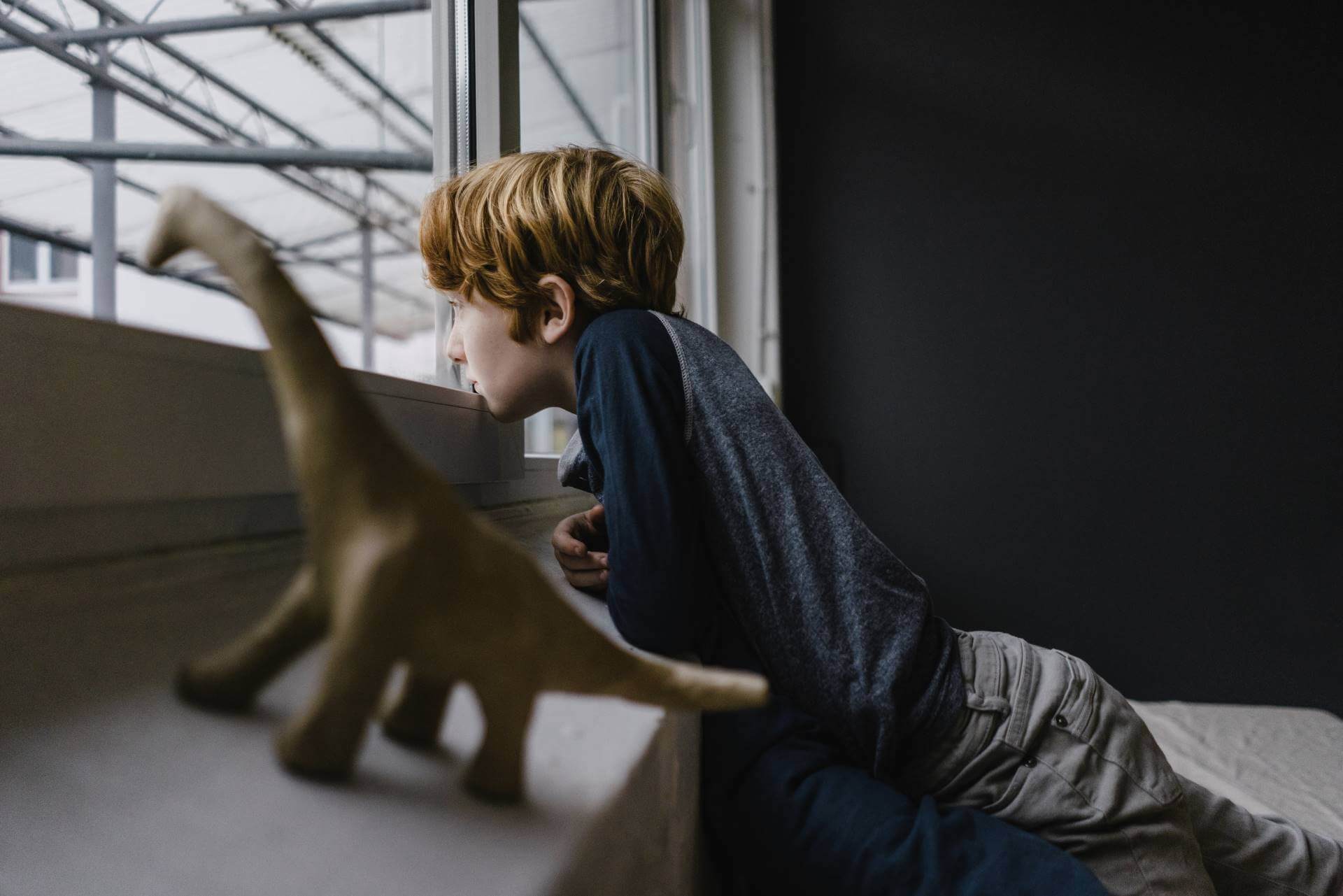Mental health is a topic that has become increasingly popular as years pass. Although virtually everyone understands that a healthy and sound mind is important, many people don’t really have any concrete ideas on how achieving positive mental health can be achieved and, more importantly, maintained. For parents, one of the challenges they face is how they can raise their children well in both their pre-selling house and lot and the world outside it, which involves said kids’ mental health concerns.
Common Mental Health Issues
Every person’s mental tolerance for negative emotions and circumstances varies with every person, and kids are much more impressionable than adults. Hence, kids look to their parents for guidance on how to understand the world, especially when experiencing negative thoughts and emotions.
Two common mental health problems or mental health disorders that any person, such as kids, can experience are depression and anxiety. If you observe that your child is not functional anymore because of mental health issues, it is best to seek the help of a mental health professional.

Depression
One of the common childhood mental disorders is depression, which is a mental illness typically characterized by a person having thoughts that make them feel hopeless or helpless. Indulging in such thoughts can lead the child to be greatly demotivated in doing productive activities, like socializing with others or doing schoolwork.
Some signs of depression include the kid being very tired for most of the day, being not very attentive, having an irregular eating schedule, and having no interest in almost any activity. A more common sign of depression is when the child engages in self-destructive behavior and often shows emotions of sadness and hopelessness.
Anxiety
Another example of a common childhood mental health disorder is anxiety. When kids are often exposed to distress, it is possible for the children’s mental health to indulge in thoughts of fear and worry. When these negative thoughts significantly affect the day-to-day activities of the child, it may mean that the child has anxiety.
Some signs of anxiety in children include having extreme fears of socializing or certain things and ideas, having panic episodes that make the child have difficulty breathing, and often having fearful thoughts of the future.
How Can Parents Help With Their Children’s Mental Health?
From the point of view of a parent, your child is their own person. However, they are still young and inexperienced. As a parent, it is your responsibility to provide for the needs of your child and to give your child the guidance they need.
When your child is having issues that are negatively affecting them to a significant degree, it is your responsibility to help your child by guiding them. Helping with your child’s mental health can go a long way, and it will benefit the whole family.

Ensure you have good mental health.
In order to provide effective guidance and help to your child in the event that they are having problems with their mental health, it is important that you make sure that you are maintaining your own mental health. This is because since your child will be looking up to you for guidance, then you yourself must be competent enough to provide this guidance.
A good way to do this is to set yourself as a good example of what a mentally healthy person is to promote good mental health. Small habits that you can do in your pre-selling house and lot like eating healthy food, exercising, or reading, can set a good example for your child. Moreover, making sure you are mentally healthy creates a positive environment for your child, which fosters better improvement with mental positivity.
Communication is always important.
In order for the problem to be addressed properly, participation from both the parent and child has to happen. Therefore, there must be communication between both sides. When a child is going through a mental health issue, there are many cases wherein it will not be easy for the child to open up immediately.
This is why honest and open communication is vital. The child must know that the parent is there to talk and listen to the child when needed. Letting the child know that the parent’s presence and support are there is how the child will know that the parent’s love is present.
Trust between the parents and child is crucial.
Through honest communication, trust between the parents and child is built and strengthened. More importantly, being consistent with honest communication and showing support to your child is how your kids gain increased trust for you because they start to believe that you are dependable when it comes to seeking guidance and help.
It is important to make sure that trust between the parents and children is prioritized because it is this trust that boosts cooperation between both sides toward the goal of resolving the mental health problems that the kid may have.

Establish consistent positive habits
When children, or people in general, have mental issues, there is a lot of uncertainty with how they view the world. Hence, providing structure to how the child goes about their day-to-day gives them a sense of accomplishment whenever a task is finished. In the long term, this will give the child a sense of fulfillment that will push them to be more productive.
As a parent, you can achieve this by assigning your child tasks. It is important to know, however, that when starting out with assigning tasks, you need to start small. When the task is too big, the child will be too demotivated to begin. Tasks like throwing the trash out or simply sweeping their room in your pre-selling house and lot can kickstart big changes in forming positive habits for your child.
Check up on your child every now and then
You do not need to monitor your child all the time, since this will make them trust you less. Although, it is good to check up on your child once in a while by asking them how they are doing or if they have anything they’d like to talk about. If you notice that your child has been anxious, sluggish, or sad more often, you may tell them that you will be there if ever they need to talk about their worries.
Most importantly, make sure that you, as the parent, will actually be there when the child finally comes to you to speak to you. If you turn your child away at such a moment, it will be hard for them to open up to you again. When you tell your child that you will be there for them, back it up with action.
Read more: What are the New Parenting Styles


